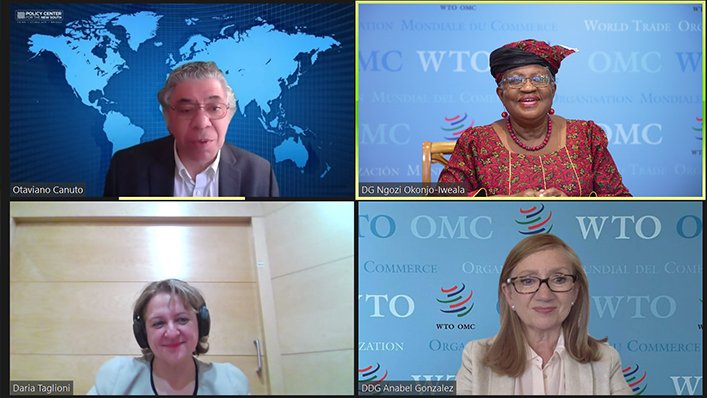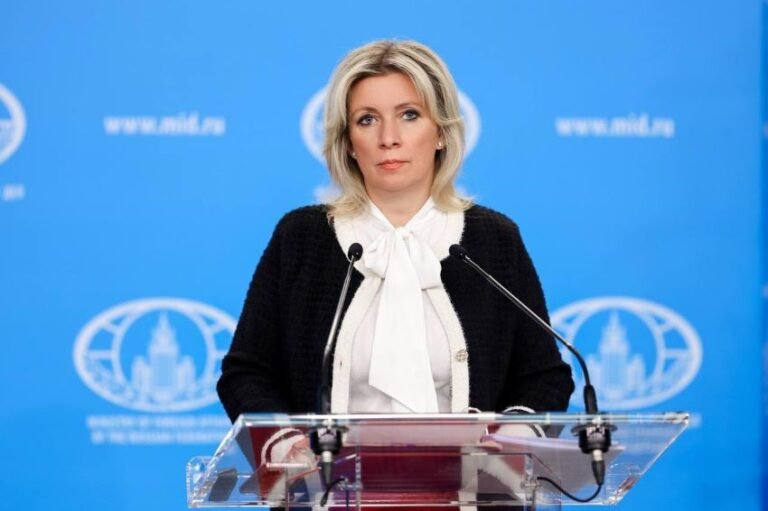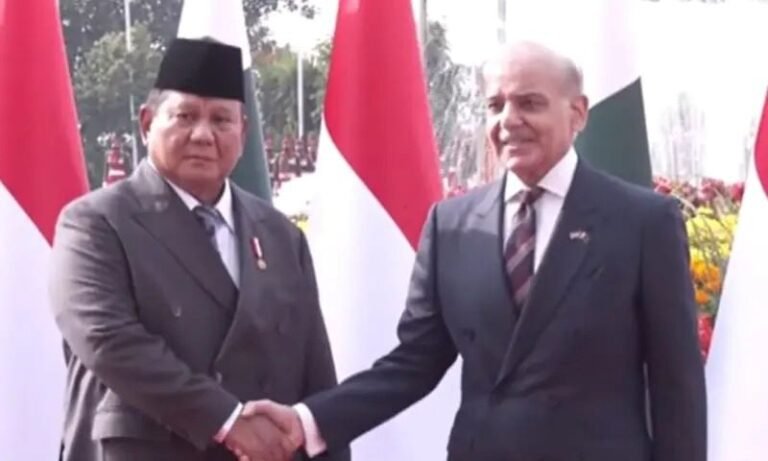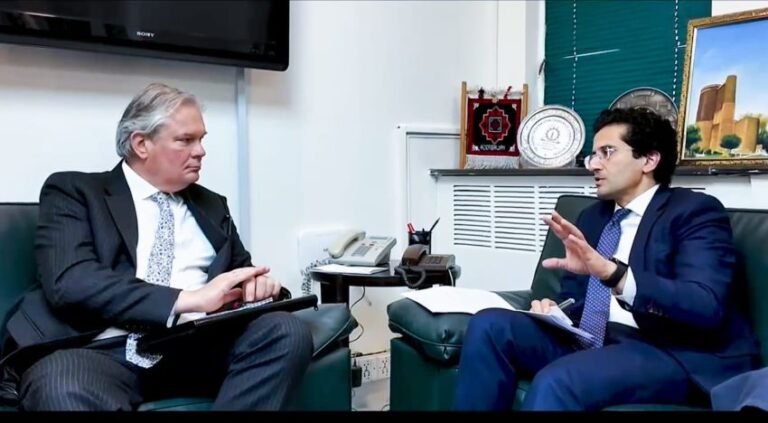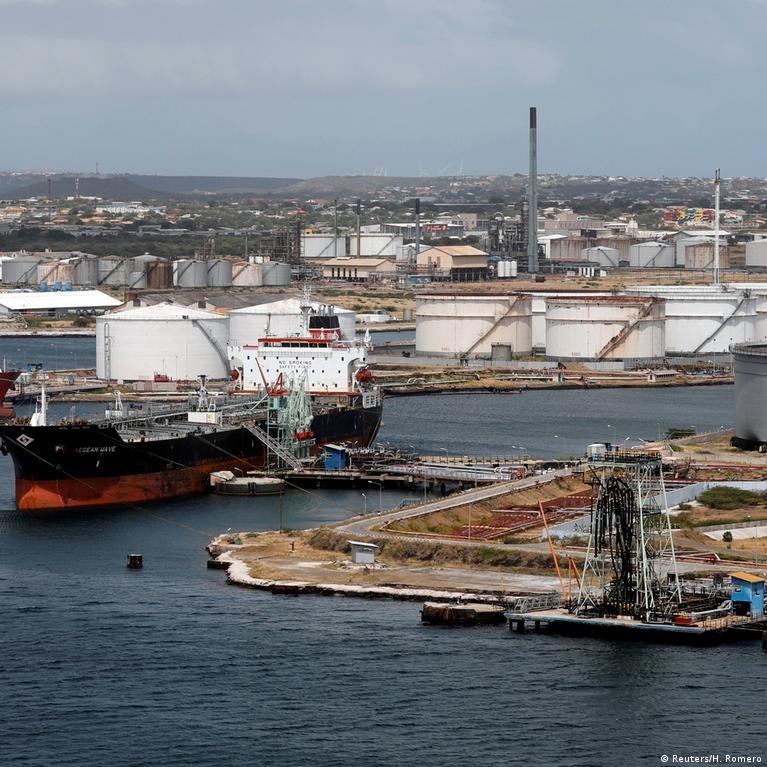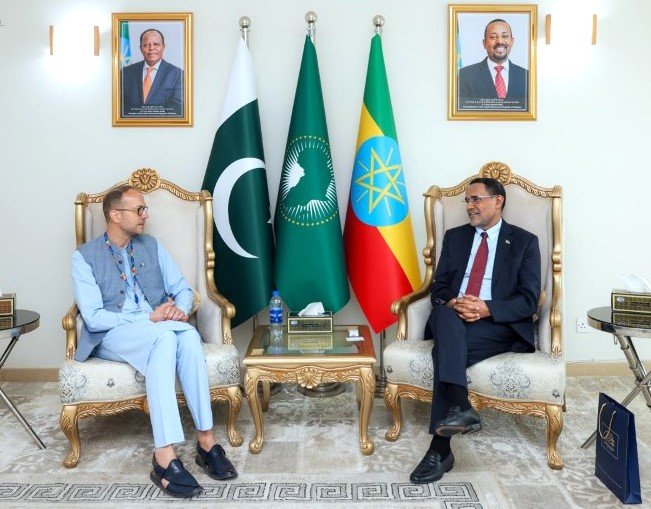Geneva, 15 July 2022 (TDI): “Trade is part of the solution to the big problems we face”, said the Director-General of the World Trade Organization (WTO) Ngozi Okonjo-Iweala during a webinar on the importance of trade.
Ukraine’s crisis and the global COVID-19 pandemic have raised questions about international trade relations.
“Trade is part of the solution to the big problems we face” — DG Okonjo-Iweala https://t.co/ZPrIQkWeES pic.twitter.com/HhbO0aPldt
— WTO (@wto) July 14, 2022
The WTO Director-General addressed the audience during the webinar
The WTO Director-General addressed the audience during the webinar on “Trade-Related Developments in an Interdependent World”
She mentioned that trade is a solution to many problems. Furthermore, she emphasized the rising geopolitical tensions that have led to calls for economic decoupling between rival blocs.
Ngozi Okonjo-Iweala mentioned that de-globalization itself can create numerous problems, including supply vulnerability issues.
The WTO Director-General emphasized the importance of re-globalization. She proclaimed during the webinar that re-globalization can bring countries closer to each other.
Re-globalization can also build diverse international markets. The process of re-globalization can bring the margins of the global economy into the mainstream and offers a promising path.
Furthermore, she added that building more resilient markets can reduce exclusion and poverty.
She added that countries such as Vietnam, Bangladesh, and Ethiopia have already expanded their economies in terms of manufacturing because of the rising prices in East Asia.
Ngozi Okonjo-Iweala said after increasing manufacturing prices in East Asia, there is a need to extend the market.
For manufacturing purposes, South Asia, Latin America, and the African regions can also be used.
Ngozi Okonjo-Iweala stated that the WTO can promote re-globalization through trade facilitation. She added that the WTO can provide regulatory cooperation and trade liberation.
She said that the World Trade Organization will provide digital trade prospective rules. These prospective rules will help states to trade at a minimum cost. In addition, she said that through trade and cooperation, the contemporary food crisis can also be managed.

